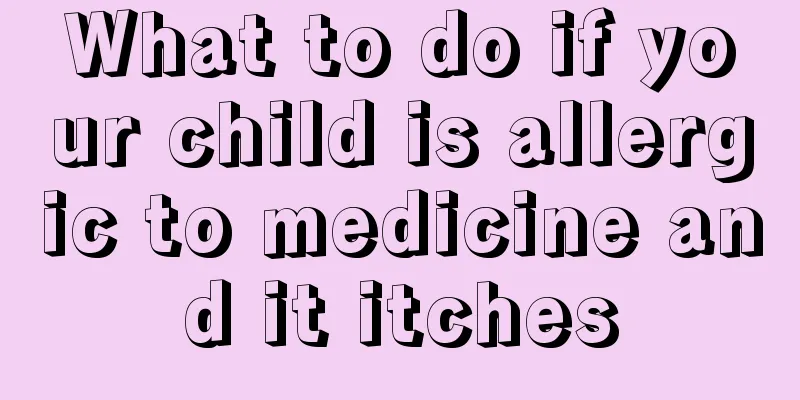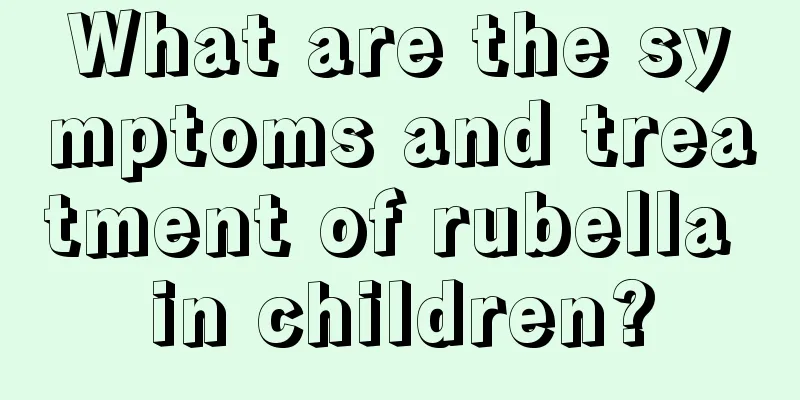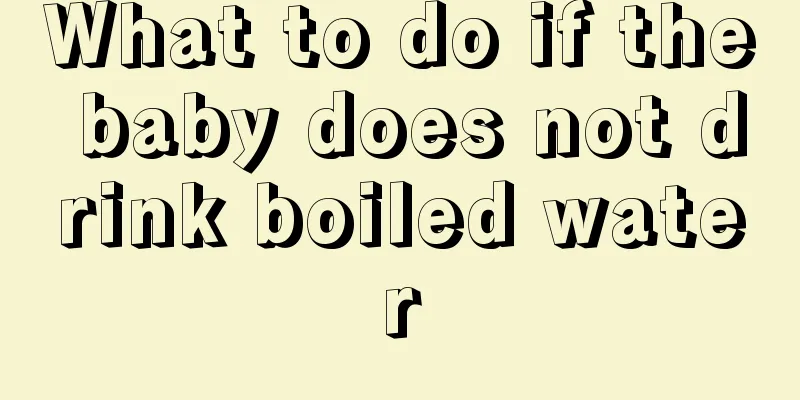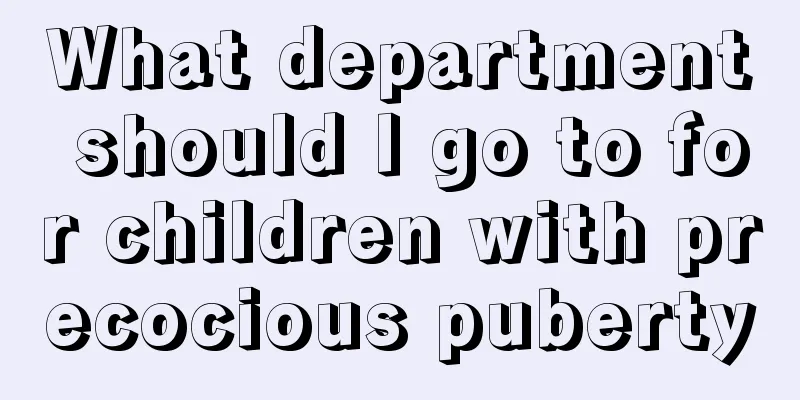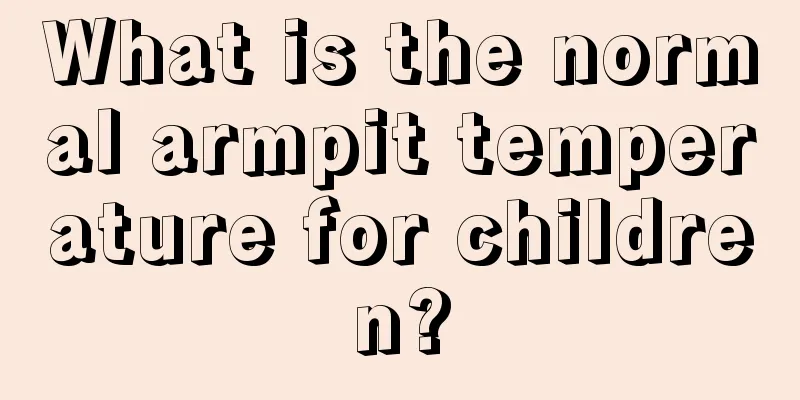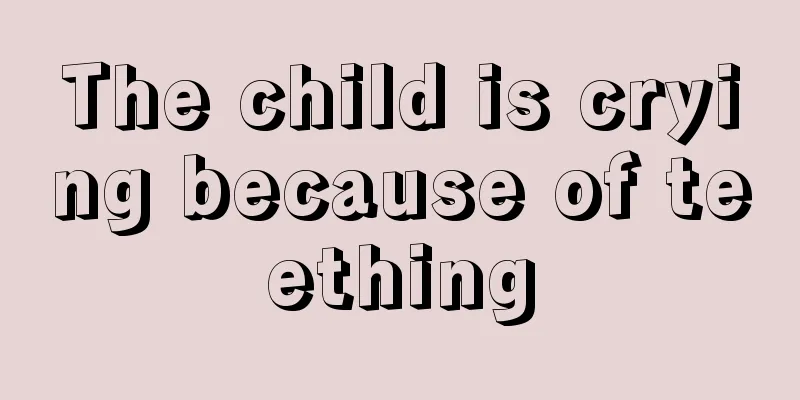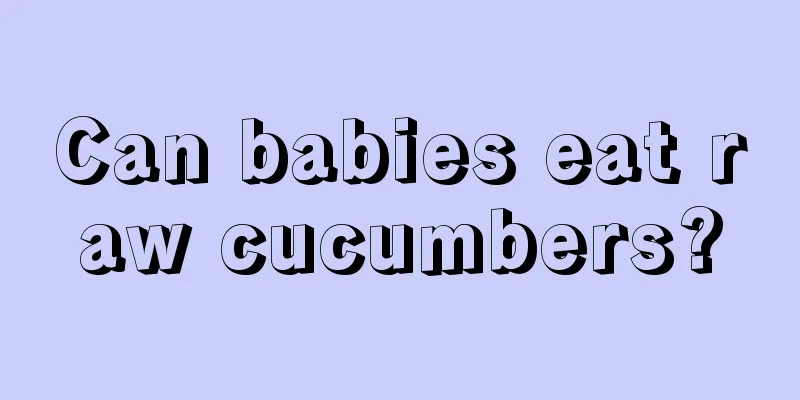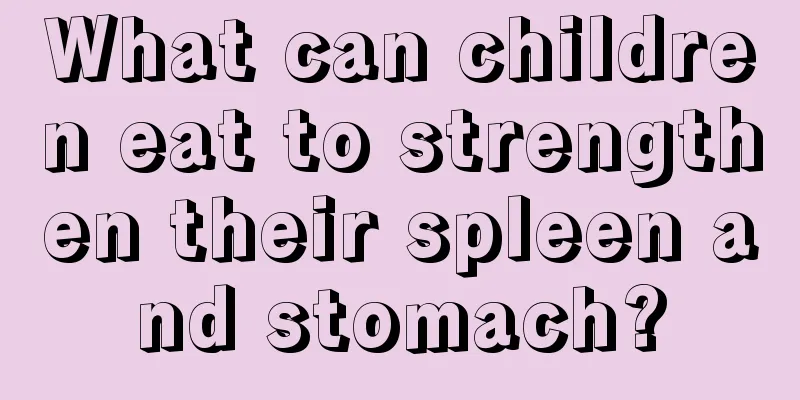What to do if your child has a fever
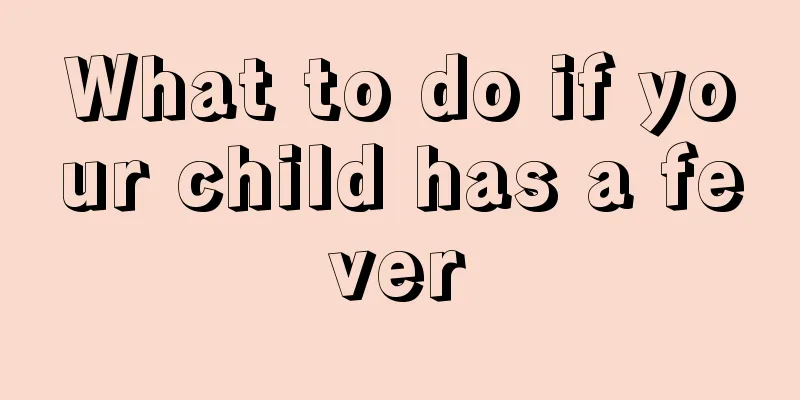
|
Colds and fevers are the most worrying issues for parents, because children with fever may develop various complications under different stimuli, such as body convulsions leading to meningitis, which may cause increased body heat and lead to shock. Children with fever need to go to the hospital for examination as soon as possible and give normal physical cooling to prevent the temperature from rising. What causes fever and convulsions in children? Convulsions caused by high fever are also somewhat hereditary, and about 10% of children with this disease have parents who had similar records when they were young. Many parents worry that such convulsions may develop into epilepsy. In fact, unless there is a case of epilepsy in the patient's family, the chance of developing epilepsy is not high. Convulsions caused by high fever usually occur when children have a fever due to upper respiratory tract infection or otitis media. Convulsions usually occur on the day the patient has a high fever (if they occur a few days after the fever or after the fever subsides, there may be other reasons). The patient loses consciousness and his limbs or whole body convulses, with symptoms similar to a grand mal epileptic seizure, and the same situation may occur several times a day. Convulsions caused by high fever are generally not serious and will not affect the child's intelligence. However, if the convulsion is localized, it means that there is a possibility of epilepsy or other diseases in that part of the brain, and the possibility is relatively high. To find out the cause of the disease, the doctor may take a sample of your child's brain and spinal cord for examination. If a child has meningitis, early detection and treatment can protect the child's brain from damage. When children have convulsions, many parents worry that the high fever will cause brain damage. However, it is actually very rare for high fever to damage the brain. If a baby has a fever of 103F or 104F, it is considered a high fever, but it is not enough to damage the brain; even if the temperature reaches 105F, the chance of damage is small. In fact, when a child is sick, what poses a threat to the brain is the virus that invades the brain rather than the high fever, so parents can rest assured. |
<<: White spots on the child's throat
>>: What shampoo is good for kids?
Recommend
Can babies eat yogurt when they are one year old?
Yogurt is delicious and can increase people's...
Case Study of Treating Cough with Massage in Children
Due to their incomplete development, children are...
What are some recipes for children to strengthen their spleen and stomach?
If you want your child to develop better and bett...
Moxibustion for children with rhinitis
Nowadays, the chance of children suffering from r...
What causes white spots on children’s nails?
If white spots appear on a child's nails, the...
How to reduce fever caused by acute tonsillitis in children
Children are particularly susceptible to diseases...
How much milk should a baby have during the confinement period?
The baby in the confinement period is not yet a f...
What is precocious puberty related to?
We humans are a very magical organ. All physiolog...
Why is the baby's hair less?
Hair, which has a great impact on one's appea...
The child's toes were bruised
When children are growing up, most of them are mo...
Why is the baby's tongue black?
The oral health of babies is very important and i...
What to do if your baby loses hair at three months old
Baby's hair loss is a matter that worries par...
Reasons for 3-year-old baby vomiting after eating
If the child is only 3 years old, he is not too o...
The fastest way for students to lose weight
Many people are familiar with weight loss. It is ...
Can children use electric fans when they have a fever?
As we all know, babies at home are prone to fever...
